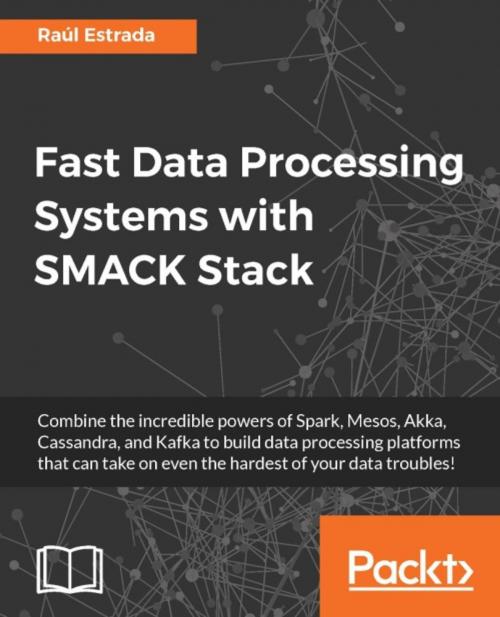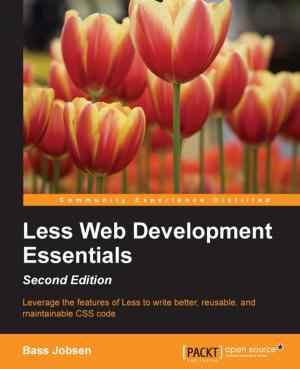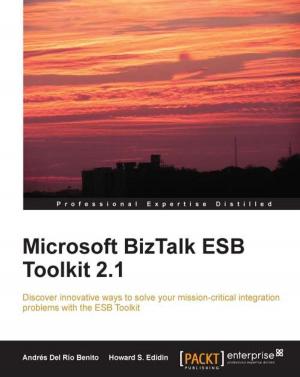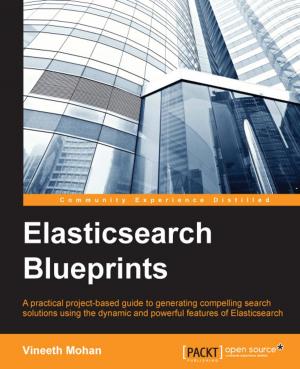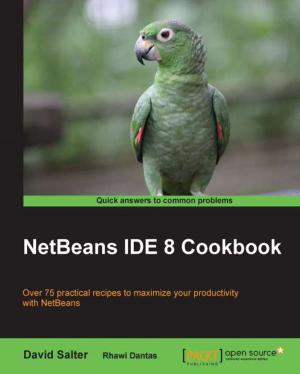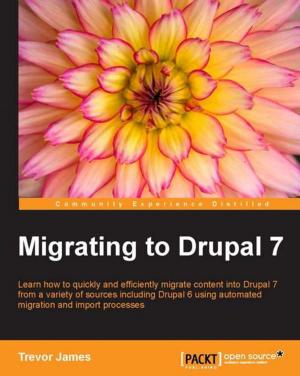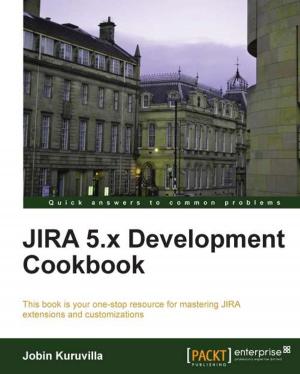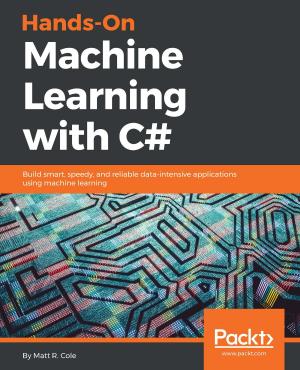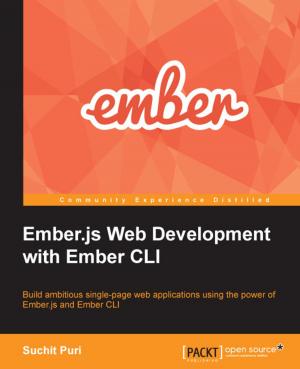Fast Data Processing Systems with SMACK Stack
Nonfiction, Computers, Advanced Computing, Programming, Data Modeling & Design, Database Management, Data Processing| Author: | Raul Estrada | ISBN: | 9781786468062 |
| Publisher: | Packt Publishing | Publication: | December 22, 2016 |
| Imprint: | Packt Publishing | Language: | English |
| Author: | Raul Estrada |
| ISBN: | 9781786468062 |
| Publisher: | Packt Publishing |
| Publication: | December 22, 2016 |
| Imprint: | Packt Publishing |
| Language: | English |
Combine the incredible powers of Spark, Mesos, Akka, Cassandra, and Kafka to build data processing platforms that can take on even the hardest of your data troubles!
About This Book
- This highly practical guide shows you how to use the best of the big data technologies to solve your response-critical problems
- Learn the art of making cheap-yet-effective big data architecture without using complex Greek-letter architectures
- Use this easy-to-follow guide to build fast data processing systems for your organization
Who This Book Is For
If you are a developer, data architect, or a data scientist looking for information on how to integrate the Big Data stack architecture and how to choose the correct technology in every layer, this book is what you are looking for.
What You Will Learn
- Design and implement a fast data Pipeline architecture
- Think and solve programming challenges in a functional way with Scala
- Learn to use Akka, the actors model implementation for the JVM
- Make on memory processing and data analysis with Spark to solve modern business demands
- Build a powerful and effective cluster infrastructure with Mesos and Docker
- Manage and consume unstructured and No-SQL data sources with Cassandra
- Consume and produce messages in a massive way with Kafka
In Detail
SMACK is an open source full stack for big data architecture. It is a combination of Spark, Mesos, Akka, Cassandra, and Kafka. This stack is the newest technique developers have begun to use to tackle critical real-time analytics for big data. This highly practical guide will teach you how to integrate these technologies to create a highly efficient data analysis system for fast data processing.
We'll start off with an introduction to SMACK and show you when to use it. First you'll get to grips with functional thinking and problem solving using Scala. Next you'll come to understand the Akka architecture. Then you'll get to know how to improve the data structure architecture and optimize resources using Apache Spark.
Moving forward, you'll learn how to perform linear scalability in databases with Apache Cassandra. You'll grasp the high throughput distributed messaging systems using Apache Kafka. We'll show you how to build a cheap but effective cluster infrastructure with Apache Mesos. Finally, you will deep dive into the different aspect of SMACK using a few case studies.
By the end of the book, you will be able to integrate all the components of the SMACK stack and use them together to achieve highly effective and fast data processing.
Style and approach
With the help of various industry examples, you will learn about the full stack of big data architecture, taking the important aspects in every technology. You will learn how to integrate the technologies to build effective systems rather than getting incomplete information on single technologies. You will learn how various open source technologies can be used to build cheap and fast data processing systems with the help of various industry examples
Combine the incredible powers of Spark, Mesos, Akka, Cassandra, and Kafka to build data processing platforms that can take on even the hardest of your data troubles!
About This Book
- This highly practical guide shows you how to use the best of the big data technologies to solve your response-critical problems
- Learn the art of making cheap-yet-effective big data architecture without using complex Greek-letter architectures
- Use this easy-to-follow guide to build fast data processing systems for your organization
Who This Book Is For
If you are a developer, data architect, or a data scientist looking for information on how to integrate the Big Data stack architecture and how to choose the correct technology in every layer, this book is what you are looking for.
What You Will Learn
- Design and implement a fast data Pipeline architecture
- Think and solve programming challenges in a functional way with Scala
- Learn to use Akka, the actors model implementation for the JVM
- Make on memory processing and data analysis with Spark to solve modern business demands
- Build a powerful and effective cluster infrastructure with Mesos and Docker
- Manage and consume unstructured and No-SQL data sources with Cassandra
- Consume and produce messages in a massive way with Kafka
In Detail
SMACK is an open source full stack for big data architecture. It is a combination of Spark, Mesos, Akka, Cassandra, and Kafka. This stack is the newest technique developers have begun to use to tackle critical real-time analytics for big data. This highly practical guide will teach you how to integrate these technologies to create a highly efficient data analysis system for fast data processing.
We'll start off with an introduction to SMACK and show you when to use it. First you'll get to grips with functional thinking and problem solving using Scala. Next you'll come to understand the Akka architecture. Then you'll get to know how to improve the data structure architecture and optimize resources using Apache Spark.
Moving forward, you'll learn how to perform linear scalability in databases with Apache Cassandra. You'll grasp the high throughput distributed messaging systems using Apache Kafka. We'll show you how to build a cheap but effective cluster infrastructure with Apache Mesos. Finally, you will deep dive into the different aspect of SMACK using a few case studies.
By the end of the book, you will be able to integrate all the components of the SMACK stack and use them together to achieve highly effective and fast data processing.
Style and approach
With the help of various industry examples, you will learn about the full stack of big data architecture, taking the important aspects in every technology. You will learn how to integrate the technologies to build effective systems rather than getting incomplete information on single technologies. You will learn how various open source technologies can be used to build cheap and fast data processing systems with the help of various industry examples
